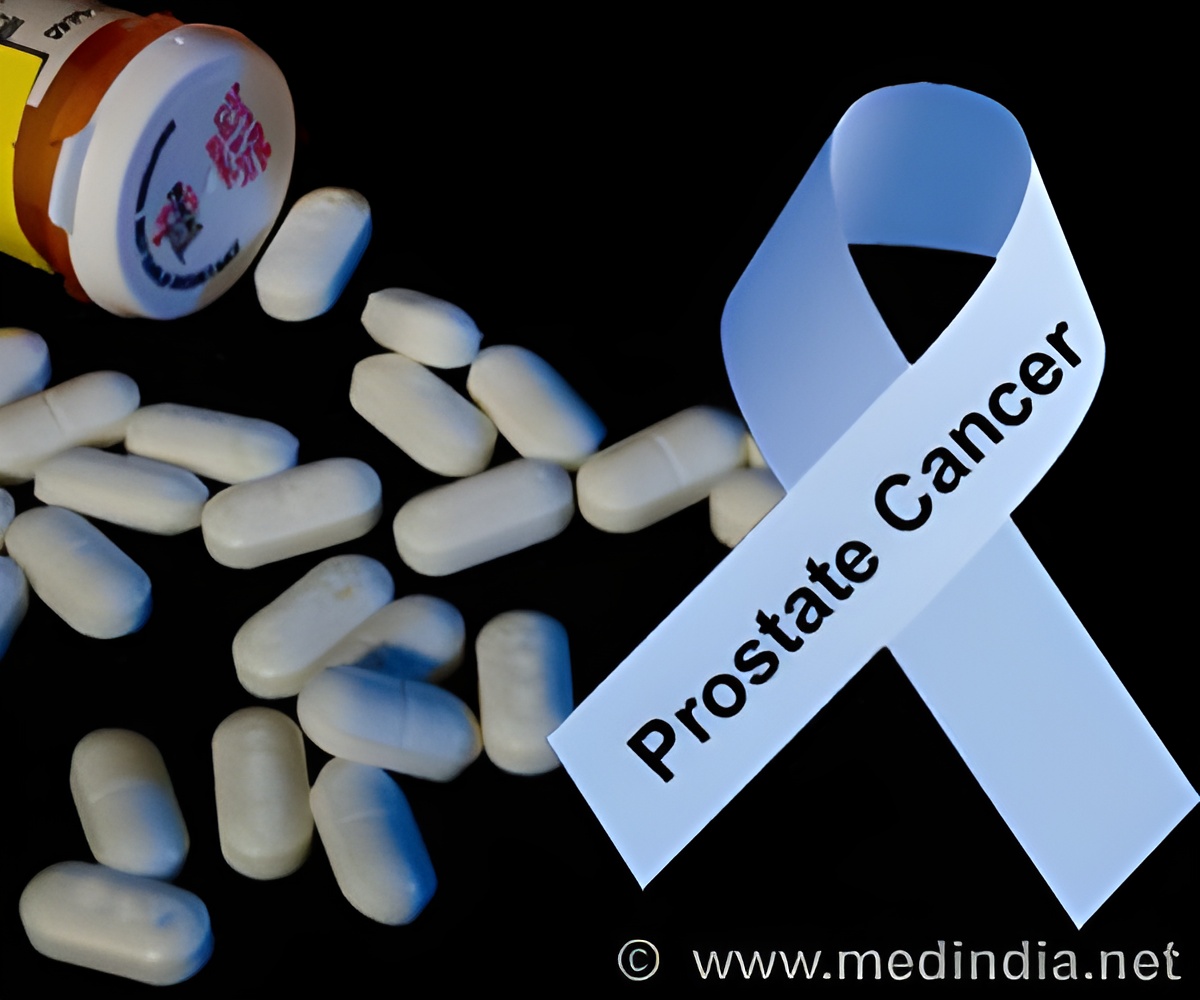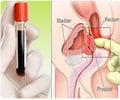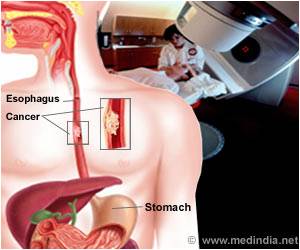Data presented at the AACR Annual Meeting 2013, held in Washington, D.C., shows a greater level of toenail selenium associated with a significant decrease in the risk for advanced prostate cancer.

The Netherlands Cohort Study on diet and cancer is a prospective cohort study that includes 58,279 men who were aged 55 to 69 years at entry in September 1986. Geybels and colleagues analyzed data from 898 men who were diagnosed with advanced prostate cancer during 17.3 years of follow-up of the cohort.
According to Geybels, previous studies investigating the association between selenium levels and prostate cancer have yielded varying results. One large clinical trial showed that selenium supplementation had no protective effect, while several prospective, observational studies indicated that higher levels of selenium were associated with a reduced prostate cancer risk, especially for advanced prostate cancer.
"Our study is interesting because we specifically investigated men with advanced prostate cancer, a type of prostate cancer associated with a poorer prognosis," Geybels said. "Also, while most of the prior research, including the large clinical trial, involved men with moderate-to-high selenium levels, men in The Netherlands Cohort Study have selenium levels that range from low to moderate. This is important because low selenium is expected to be related to a higher disease risk."
He and his colleagues chose toenail selenium as the study biomarker because it reflects long-term exposure, as opposed to blood, which is best for monitoring recent selenium exposures.
The data revealed that greater levels of toenail selenium were associated with a substantially reduced risk for advanced prostate cancer. Men with the highest toenail selenium levels had a more than 60 percent lower risk for advanced prostate cancer compared with men with the lowest toenail selenium levels.
Advertisement


![Prostate Specific Antigen [PSA] & Prostate Cancer Diagnosis Prostate Specific Antigen [PSA] & Prostate Cancer Diagnosis](https://images.medindia.net/patientinfo/120_100/prostate-specific-antigen.jpg)












